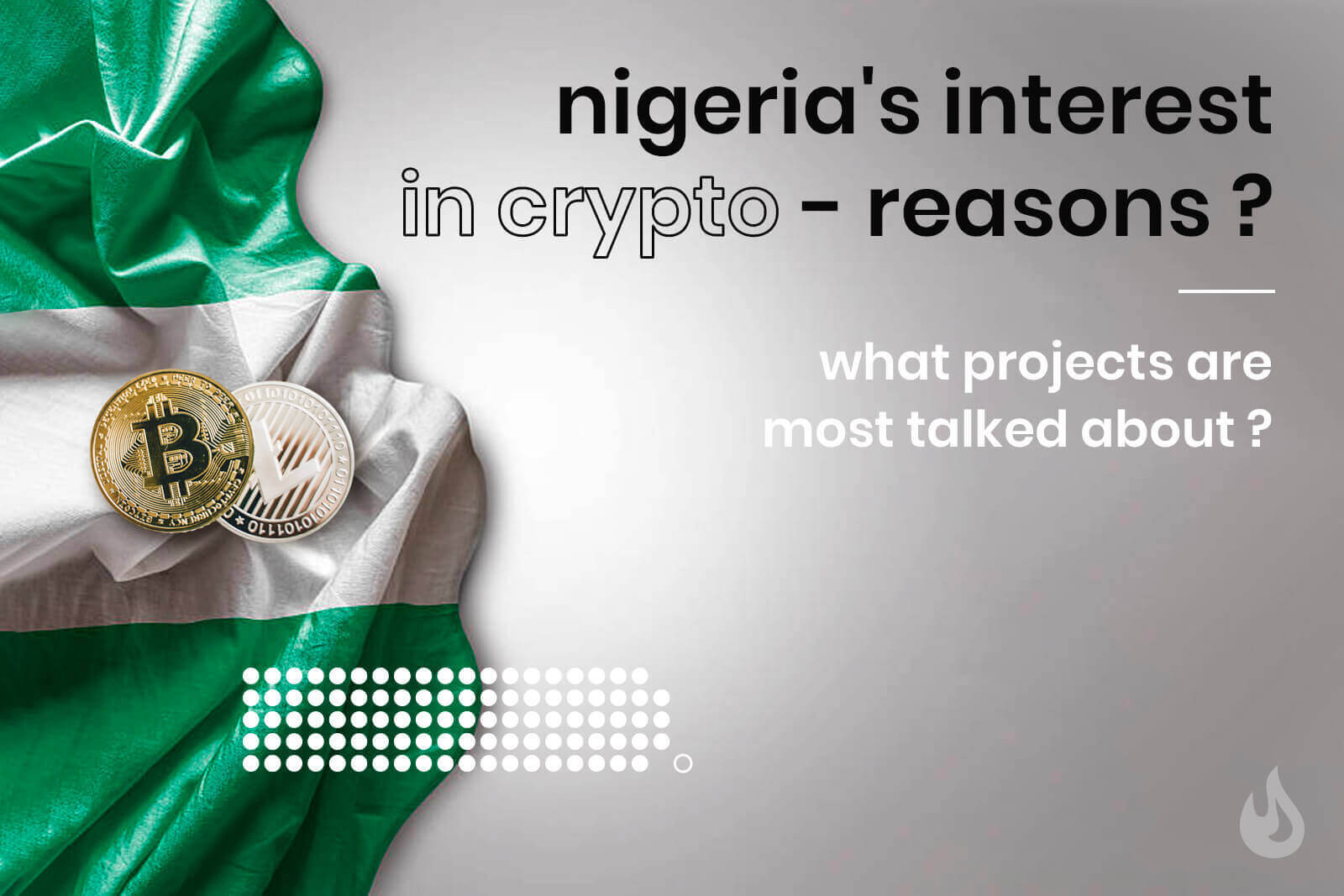
- Nigeria is now one of the leading countries in the world in terms of the volume of cryptocurrencies traded.
- The End SARS protests against alleged police abuse, a weakening naira and high banking fees are among the reasons why Nigerians are making the switch to cryptocurrencies.
- The Central Bank of Nigeria has instructed all banks and financial institutions to identify and cease doing business with cryptocurrency platforms.
Nigeria, Africa’s most populous country, is among the leading Bitcoin hubs in the world and is indisputably the digital currency’s largest market on the African continent.
The use of Bitcoin and other cryptocurrencies has been on the steady increase since 2017 and reached a fervent pitch recently, prompting the county’s central bank (CBN) to ban all local financial institutions from dealing with cryptocurrency exchanges.
The End SARS protests against alleged police brutality, a weakening local fiat currency (naira) and the high cost of transacting with local banks are driving Nigeria’s interest in cryptos.
Why Are Nigerians Turning to Cryptocurrencies?
Available evidence suggests Nigeria is one of the leading nations in Bitcoin transactions by volume, ranking No 2 behind the US, according to data from Paxful, a peer-to-peer digital currency exchange.
Sponsored
In Africa, Nigeria ranks No 1 for crypto trades, followed by Kenya and South Africa. With an economy that has dipped into recession twice in four years, youth in the oil-rich but underdeveloped nation have heartily embraced cryptocurrencies.
These investors see digital currency volatility as a potential way out of poverty and hope to make at least a small fortune trading crypto. The End SARS protests against a notorious unit of the county’s police force that swept the nation in late 2020 also served as catalysts for crypto adoption. During the protests, the Nigerian government clamped down on the bank accounts of protest leaders and accounts accepting donations for protesters. In response, fundraising efforts quickly pivoted from fiat to digital, with one civil society group raising more than $150,000 worth of Bitcoin to support demonstrators.
Sponsored
The decentralized nature of Bitcoin made it impossible for the government to stop such fundraising. A weakening naira is another reason Nigerians are making the switch to cryptocurrencies. The Central Bank of Nigeria devalued the naira in December 2020 as the country technically exited recession, but the fiat currency has been weakening further since then (and is somewhat difficult to track with no standardized exchange rate used throughout the country).
In order to avoid the hit caused by continued devaluation, Nigerians are turning to cryptocurrencies to preserve their wealth. High transaction fees charged by traditional banks in Nigeria have seen tech-savvy Nigerians make the switch to online banking platforms like Kuda and Piggy Banks, with many others making a complete switch to cryptocurrency.
On the Flipside
- South American governments embrace blockchain technology as a tool to improve transparency.
- In Latin America, the leading crypto, Bitcoin, is booming at unprecedented rates.
- Bitcoin trades at $48,000 after its latest price correction according to CoinMarketCap.com.
Central Bank of Nigeria Bans Banks from Trading with Crypto Accounts
The Central Bank of Nigeria in early February released a circular that banned all banking institutions and financial houses in the country from doing business with cryptocurrency accounts and exchanges. This announcement was met by widespread public criticism.
However, the CBN stood unflinchingly behind its decision, arguing in a statement that:
Due to the fact that cryptocurrencies are largely speculative, anonymous and untraceable, they are increasingly being used for money laundering, terrorism financing and other criminal activities.
In response to the ban, Nigerians have sought peer-to-peer exchanges such as Paxful and Binance’s peer-to-peer platform to continue trading in cryptocurrencies.
